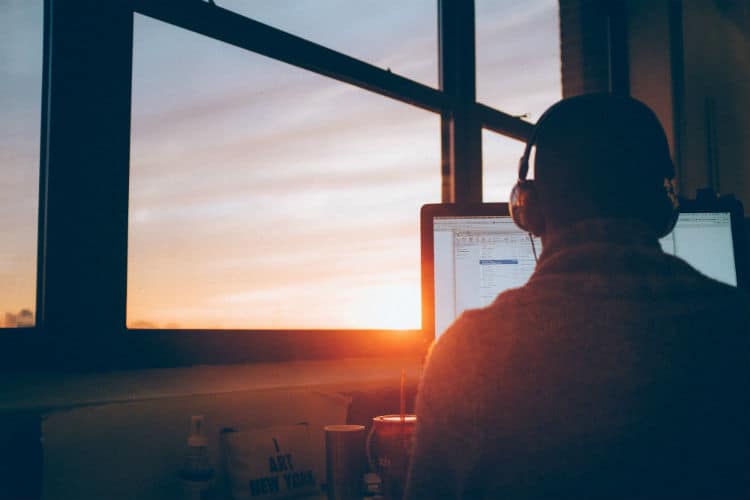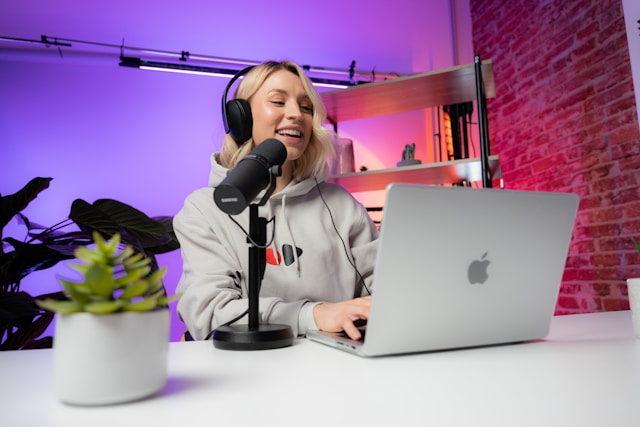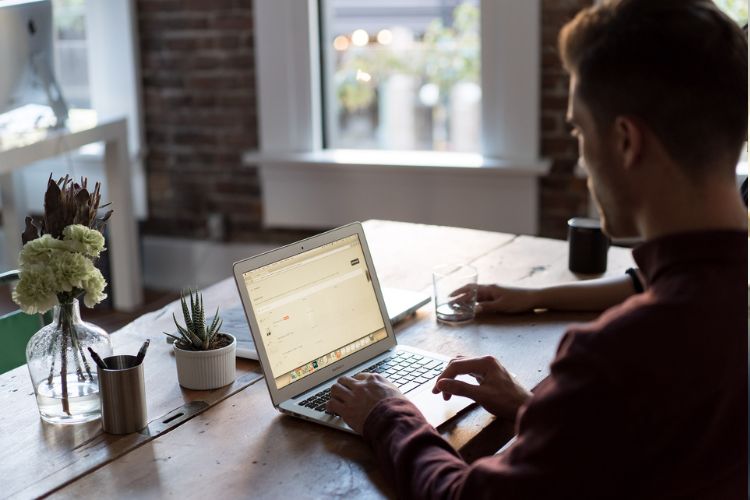Estimate reading time: 3:32
YouTube copyright infringement notifications are an unnverving experience. It can leave you feeling completely demoralized especially once punitive measures such as video demonitization occurs. To make things worse, hard to come by views, steady earnings and algorithmic recommendations quickly come to a grinding halt as embarrassment settles in. Here are a few pointers for keeping your YouTube videos safe from copyright infringement claims.
Are Your Soundtracks, Images and Footage Copyright-Free?
For starters, YouTube's algorithm digitally scans all video assets before finding their way on the platform. For instance, music, speech, images and footage material have digital signatures which are analyzed and compared. The algorithm detects assets which are filed as copyright material thus preventing flagged videos from being published. Notifications are displayed onto the upload video interface with clear indication as to which assets are in breach of copyright violation.
Unlicensed music may trigger copyright violations at a later time however. This occurs when your video is published and copyright claims are filed after the fact. Soundtracks which are registered with content ID management companies like AdRev and Audiam can detect registered music embedded within YouTube videos.
Disclaimer: Royalty free music tracks on GrooveDen are not registered with content ID management companies.
What happens next can range from a simple notification followed by a request to swap out the music or worse, the dreaded video take down. In extreme cases, YouTube could demonitize the video and terminate the accounts of reoffenders. Furthermore, instances when licensed music is the cause of a violation, providing proof of purchase to YouTube's support staff can resurrect a video from the publishing graveyard. Just reach out to YouTube's support staff and you're good to go.
How to Avoid YouTube Copyright Violations?

There are several reputable royalty free image banks offering licensed stock photos. Similarly, music libraries like GrooveDen are a helpful resources for content creators in search of music for videos.
If budgetary constraints prevent you from purchasing music, then consider licensing media under creative commons attribution. This option is free but may come with strings attached. For instance, you may be asked to give credit in your production. When in doubt, it's best to seek written consent from the copyright holders or publishers even when sourcing content through the creative commons license. In the event you get hit with a violation, simply provide documentation to YouTube's support team to have your video re-evaluated.
If you believe your YouTube video was unfairly targeted for having copyright-protected material, you can dispute the claim here:
What Can I do About a Copyright Violation Claim?
Getting a copyright claim isn't the end of the world. Depending on the severety of the offence, here are a few suggestions.
Do nothing
Trim or edit our the content: With YouTube's creator studio you may be able to remove the content from your video. For more details click here
Trim Content In A YouTube Video
Swap the music: If a soundtrack you've used is causing copyright issues, swap out the music with licensed music.
Share revenue: If you're a member of YouTube Partner Program, you may be able to share revenue with the music's copyright holders.
Dispute a claim: Think your video was misidentified? Fight the goof fight and dispute your claim Dispute Copyright Claim
Can Previously Uploaded Videos Receive Copyright Claims at a Later Time?

Yes. It all depends if the copyright holders and publishers decide to file a claim. In hindsight, such cases are rare but can occur when copyright holders' discover works that contain unlicensed assets in any given video. As a result, content ID management systems were established to reduce YouTube content creators' rampant abuse of copyright laws. The measure also attempts to right a wrong by way of compensation for authors. In other words, claims filed against a YouTuber could see earnings undoubtedly diverted to the claimant.
In Conclusion
As more small, medium and big businesses turn to YouTube to market their products and services, the risk of losing a channel for copyright non-compliance issues just isn't worth it. Content creators committed to providing compelling images, awesome videos, artistic creations and musical compositions are appreciative of any patronage bestowed on them. Indeed, it's a win - win situation.



